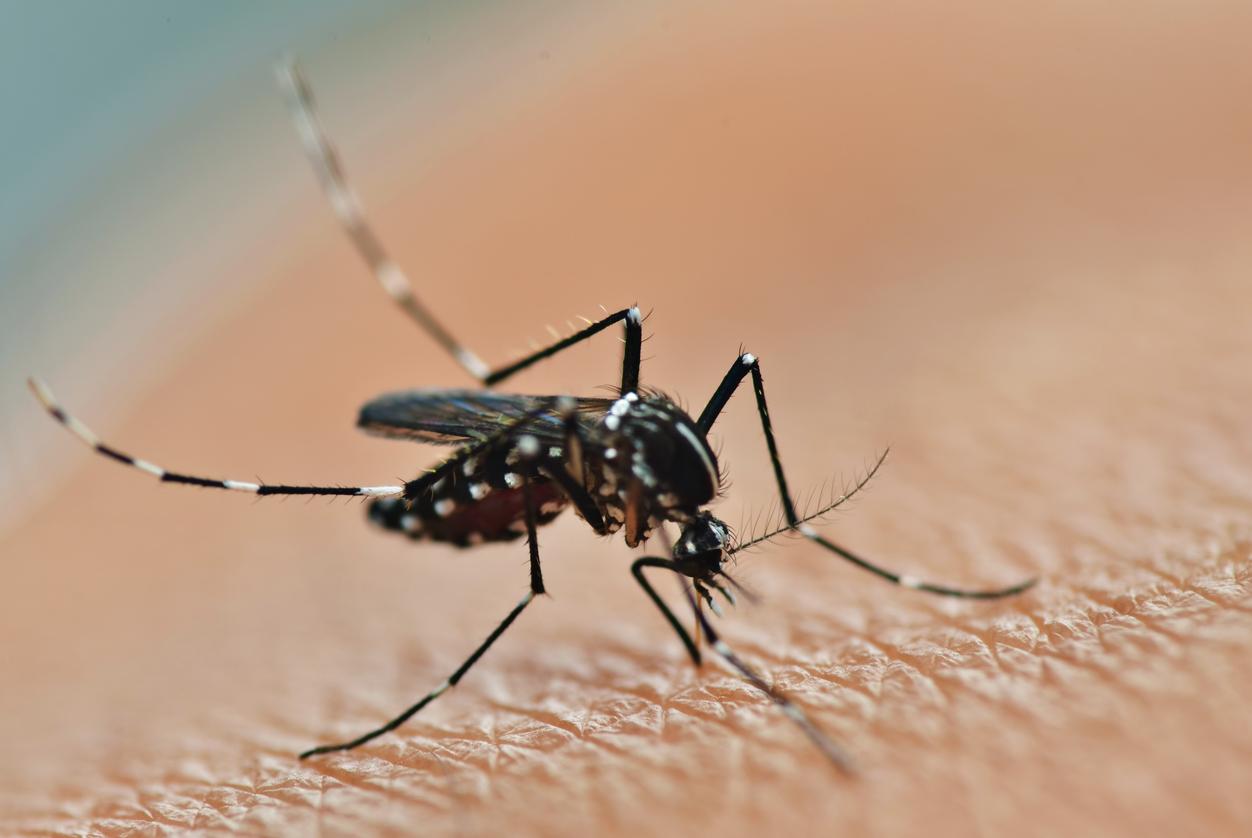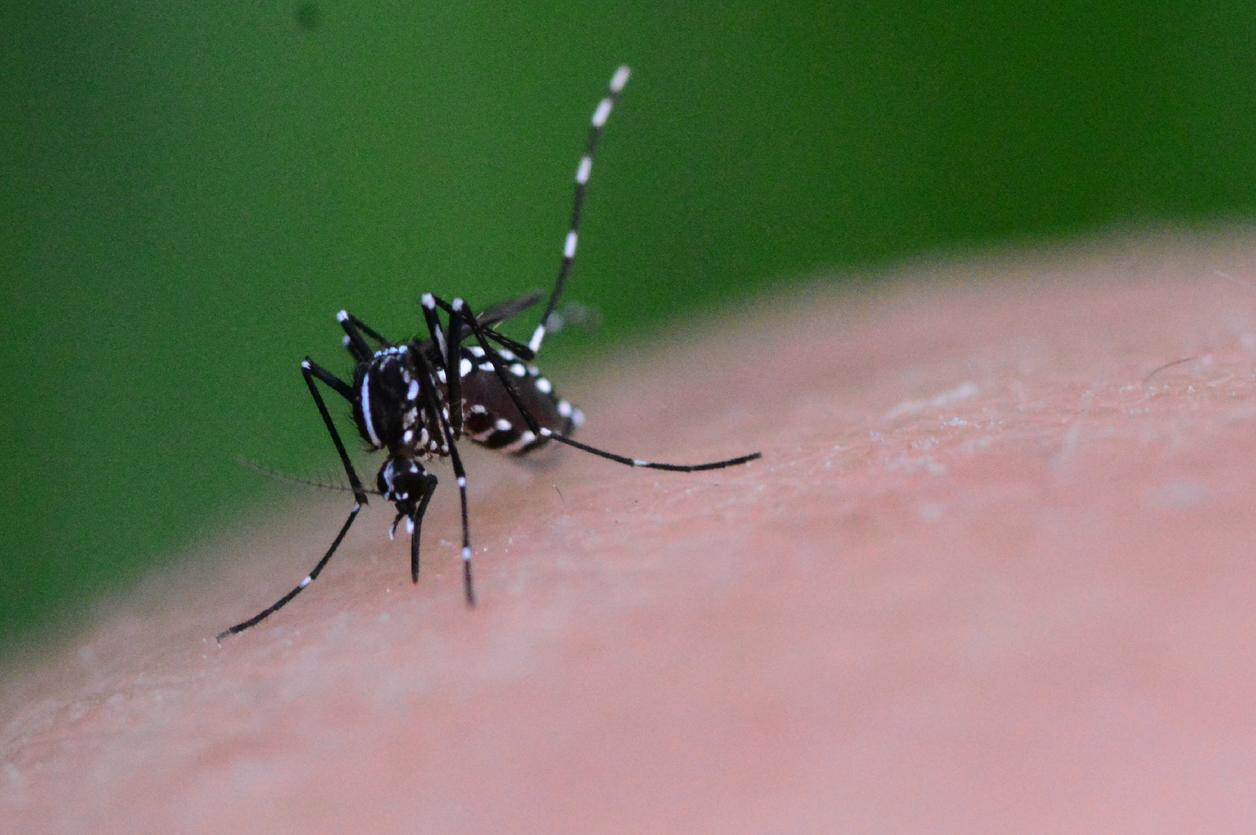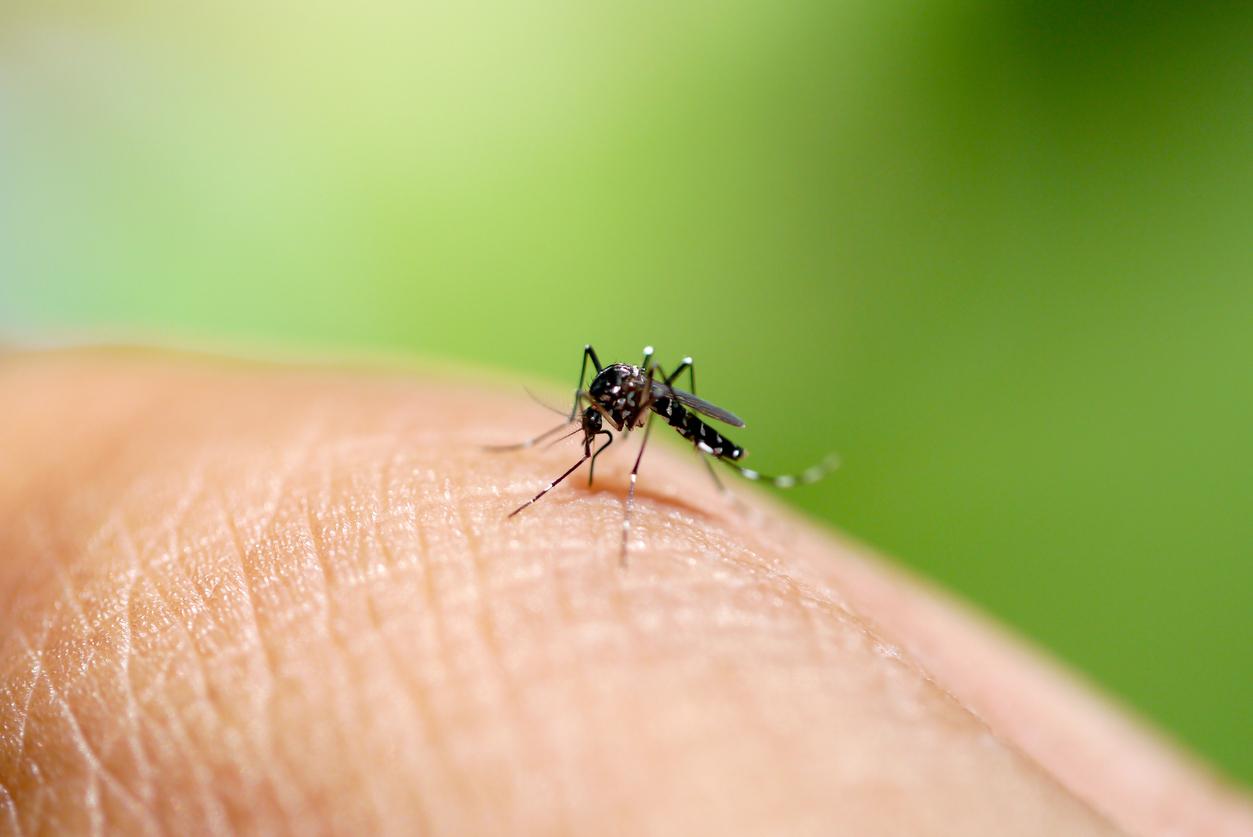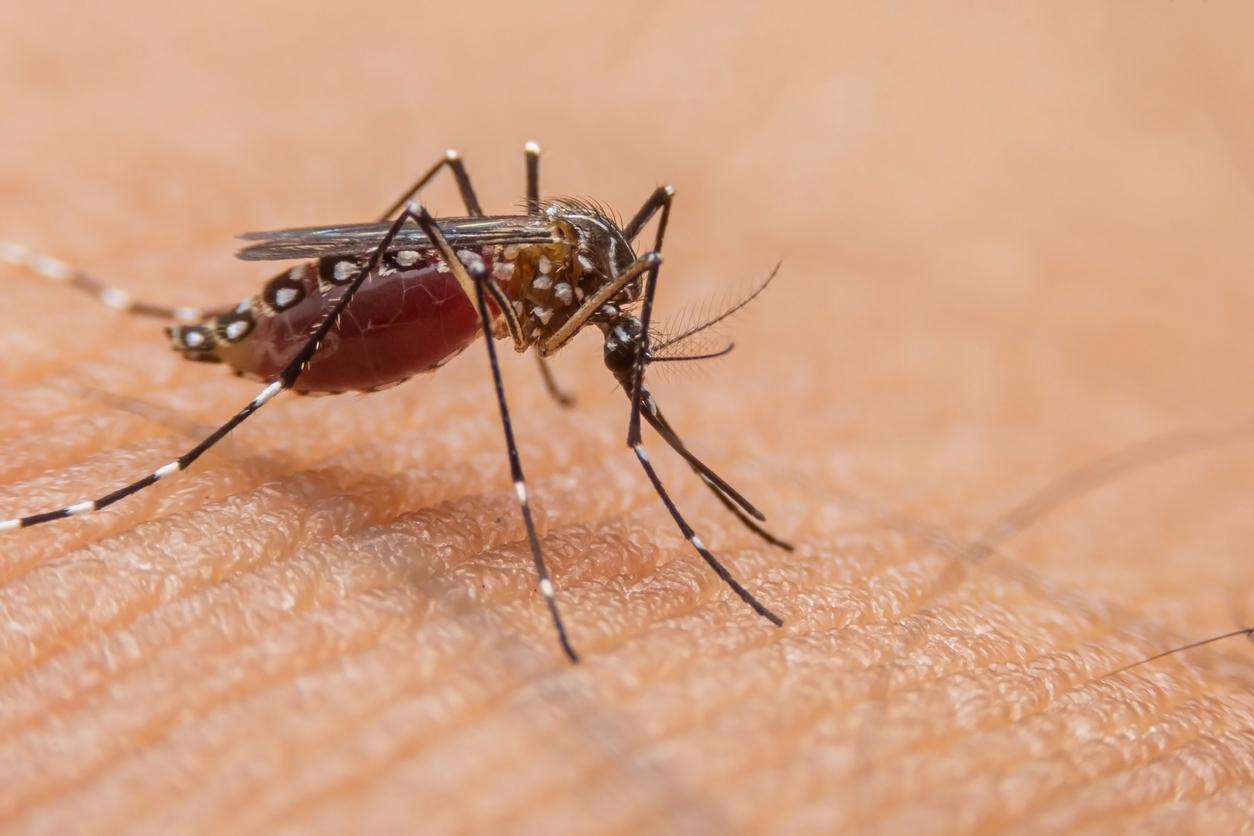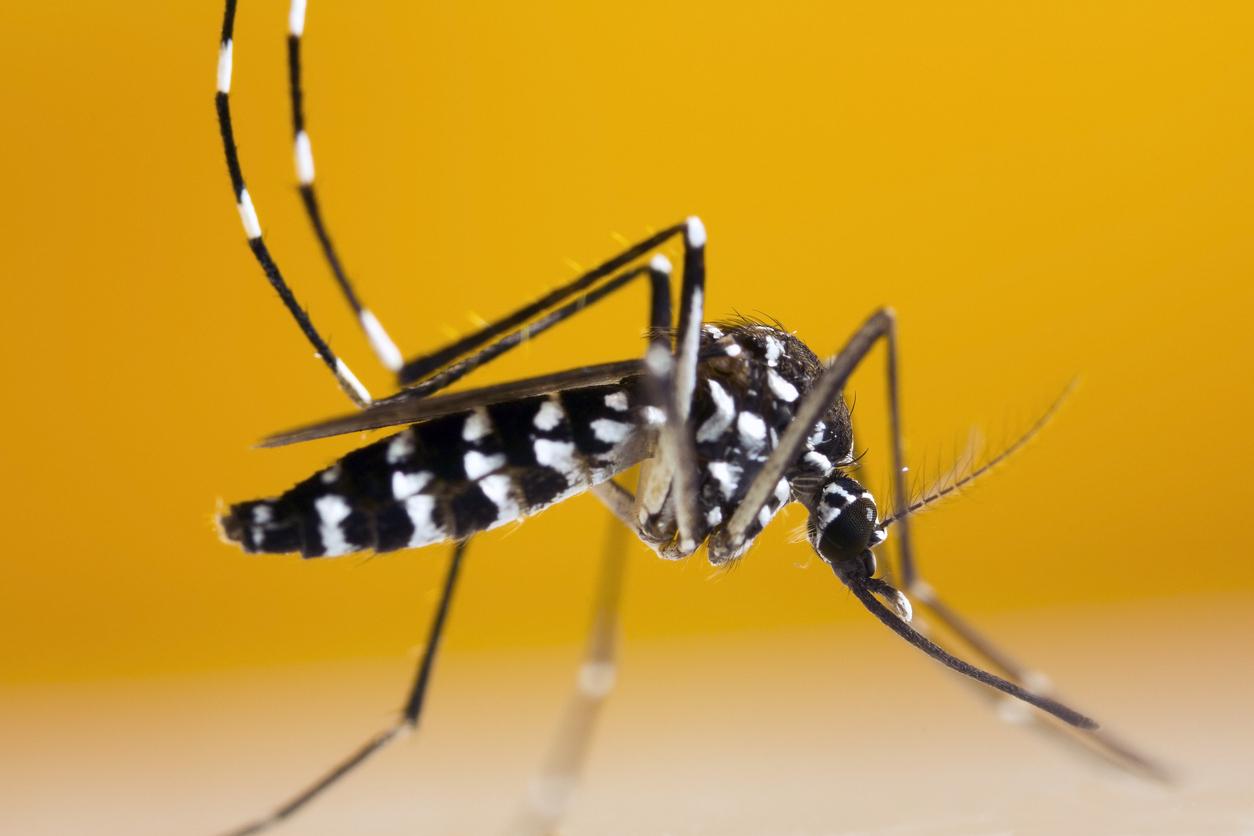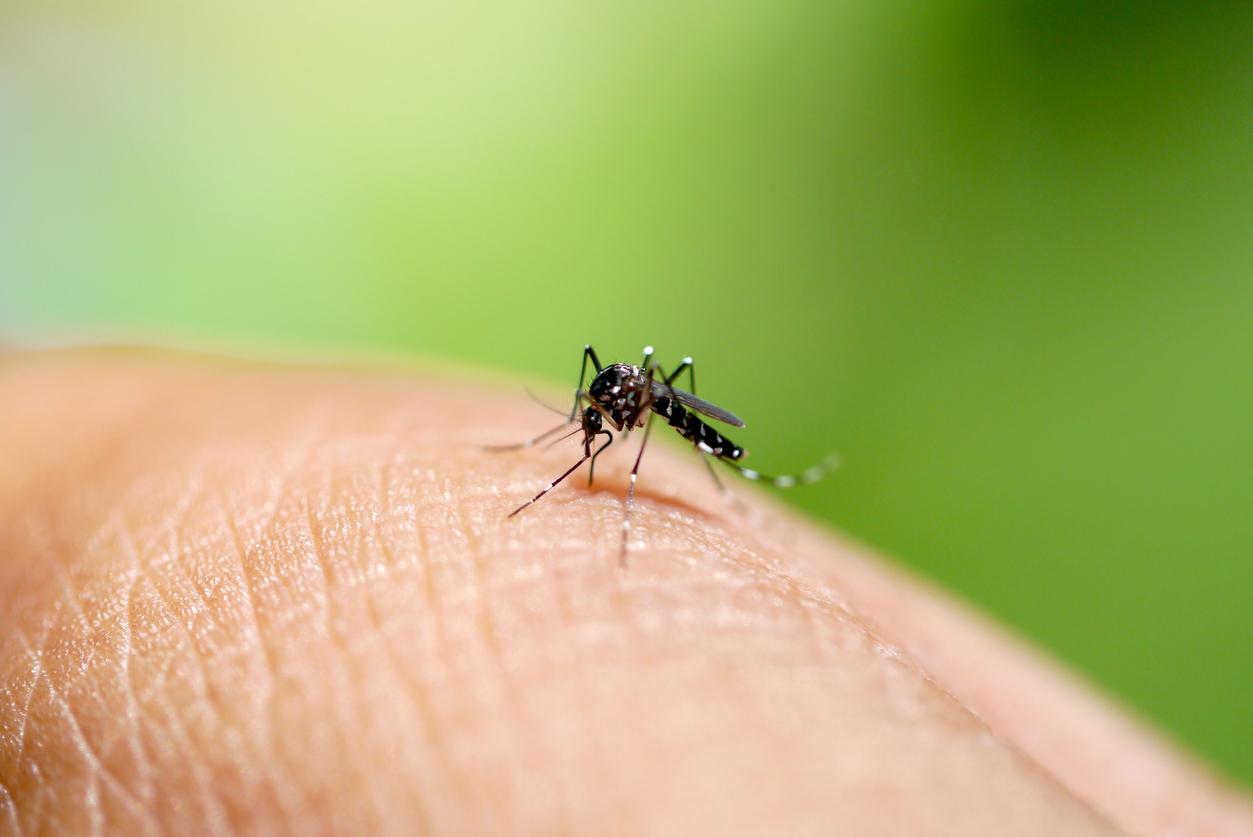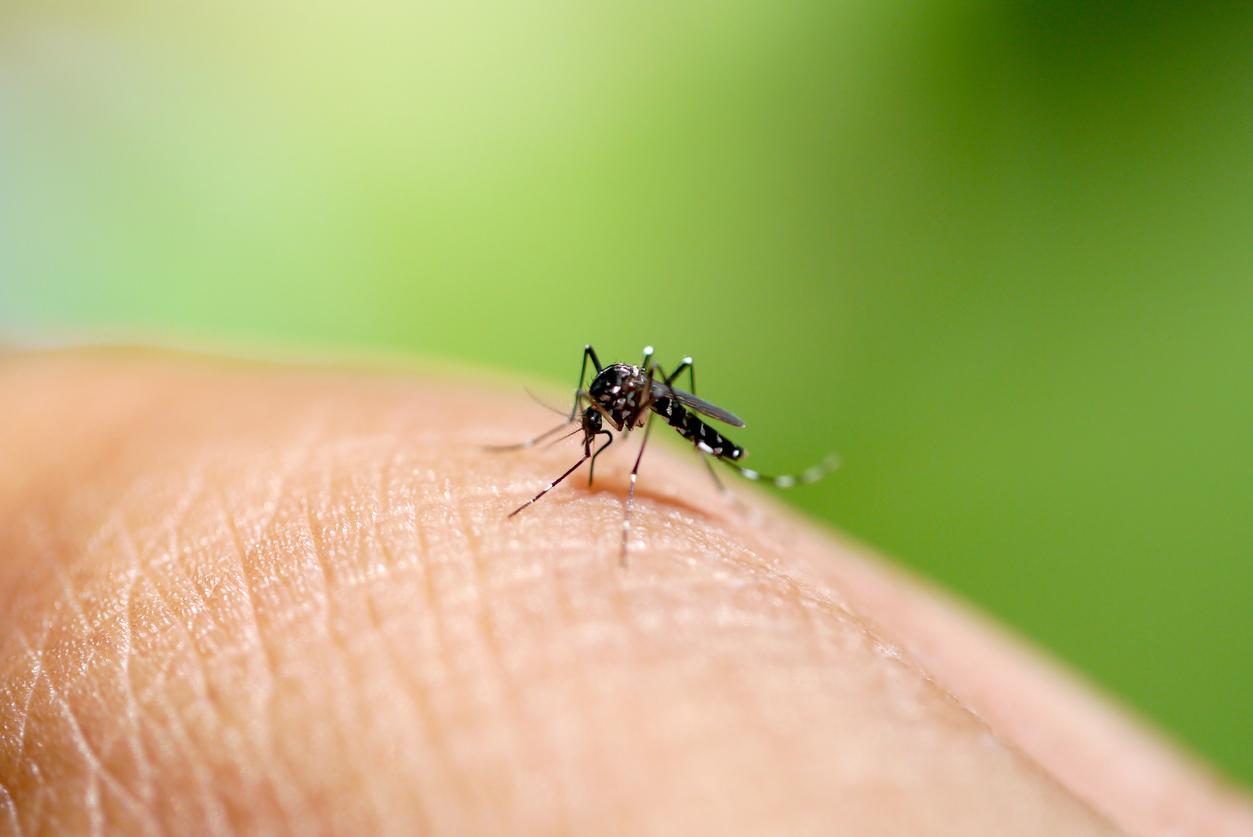A study conducted by researchers from the Guadeloupe University Hospital highlights the serious neurological consequences that the Zika virus can have on patients. And this, several years after being infected.

Responsible for a serious epidemic in South America and the Caribbean in 2016, the Zika virus can cause long-term sequelae, the scope of which the scientific community had not yet measured.
A new study, conducted by Professor Annie Lannuzel and teams from the CHU of Guadeloupe, with the help of other French teams (Institut Pasteur, CHU of Martinique, APHP, Inserm, CNRS, etc.) provides new evidence on the consequences serious and persistent neurological diseases related to the Zika virus. Published in the journal Neurology and named neuroZika, this new work shows that Guillain Barré syndrome or acute neuro-inflammatory manifestations actually only constitute a minority of sequelae linked to the infection.
6 patients are still seriously disabled
transmitted by mosquitoes Aedes (like the tiger mosquito), the Zika virus can actually result in multiple complications. That’s what the researchers of this large, population-based observational study of the 2016 outbreak in the French West Indies are highlighting. She relied on 87 patients affected by the virus, including 6 children. All had neuroZika, which is characterized by neurological damage. 76 of these patients were followed up over time.
The majority of neuroZika cases (54 patients) had damage to the peripheral nervous system (nerves). Nineteen others had central nervous system involvement (brain and spinal cord) and fourteen patients had a mixed neurological picture, both central and peripheral. A quarter of patients with neuroZika had to benefit from assisted ventilation in the intensive care unit.
In 75% of cases, the people followed have fully recovered or show only a few signs without significant repercussions. However, a quarter of patients suffer from residual problems such as impaired gait or instability. Six of them (7.9% of the sample) had sequelae leading to serious disability. Three of the 87 patients also died.
“These are patients who have generally gone to intensive care, who had Guillain-Barré syndrome, therefore paralysis of the four limbs. They have not yet recovered their ability to walk and are totally dependent in the gestures of daily life. Some will keep the after-effects “, details to West France Annie Lannuzel, professor of neurology at the University of the West Indies, who piloted the study.
Improve care to avoid long-term sequelae
According to Françoise Lazarini, researcher in the Olfactory Perception and Memory Unit in the Neurosciences Department of the Institut Pasteur, these sometimes serious and persistent sequelae could be predicted by the detection of Zika virus nucleic acids in urine, blood or cerebrospinal fluid. “These results reveal that the spectrum of neuroZika has a wide variety of clinical manifestations. They also underline the importance of detecting the nucleic acids of the virus to better manage patients who could present serious long-term sequelae”, underlines does she in a press release from Inserm.
Hence the need to systematically perform this procedure on patients suspected of having been infected with the Zika virus in order to avoid long-term sequelae. These elements must be taken into account to adapt the diagnosis and management of patients with neuroZika. “When the virus is found in a fluid, there can be a more severe attack. There is a risk of going to intensive care or being intubated. These cases really need to be taken care of quickly and early”, concludes Annie Lannuzel .
.









